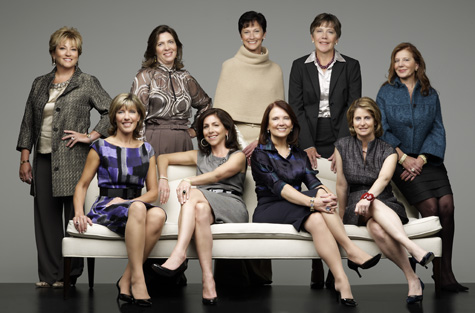Home
About Us
|
|
by: Rebecca Game
The government provides loans to those individuals who have low to moderate income for permanent residence in rural areas. To qualify for these government loans is not that hard and the restrictions are small.
The Federal agency that provides the loans for housing is: Rural Housing Service, (RHS)
Their main objective is to assist very low, low-income, and moderate-income households so that they can get decent, safe, and modest housing as a permanent residence.
The types of assistance they provide are "Direct Loans" or "Guaranteed / Insured Loans".
Description for Uses and Use Restriction Reads:
"Direct and guaranteed loans may be used to buy, build, or improve the applicant's permanent residence. New manufactured homes may be financed when they are on a permanent site, purchased from an approved dealer or contractor, and meet certain other requirements. Under very limited circumstances, homes may be re-financed with direct loans. Dwellings financed must be modest, decent, safe, and sanitary. The value of a home financed with a direct loan may not exceed the area limit. The property must be located in an eligible rural area. Assistance is available in the States, the Commonwealth of Puerto Rico, the U.S. Virgin Islands, Guam, American Samoa, the Commonwealth of Northern Mariana's, and the Trust Territories of the Pacific Islands. Direct loans are made at the interest rate specified in RD Instruction 440.1, Exhibit B (available in any Rural Development local office), and are repaid over 33 years or 38 years for applicants whose adjusted annual income does not exceed 60 percent of the area median income, if necessary to show repayment ability. Payment assistance is granted on direct loans to reduce the installment to an "effective interest rate" as low as one percent, depending on adjusted family income. Payment assistance is subject to recapture by the government when the customer no longer resides in the dwelling. There is no funding provided for deferred mortgage authority or loans for deferred mortgage assumptions. Guaranteed loans may be made to refinance either existing RHS Guaranteed Housing loans or RHS Section 502 Direct Housing loans. Guaranteed loans are amortized over 30 years. The interest rate is negotiated with the lender."
The eligibility requirements are:
"Applicants must have very low, low or moderate incomes. Very low-income is defined as below 50 percent of the area median income. Low-income is between 50 and 80 percent of AMI. Moderate income is below 115 percent of AMI. Families must be without adequate housing, but able to afford the housing payments, including principal, interest, taxes, and insurance (PITI). Qualifying repayment ratios are 29 percent for PITI to 41 percent for total debt. In addition, applicants must be unable to obtain credit elsewhere, yet have an acceptable credit history."
It would be very wise to check the area that you are interested in to see what they yearly taxes are as some areas are very high compared to others. Depending on your age, and area, taxes could run anywhere from 500.00 per year up to thousands of dollars per year. By age, I mean that senior citizens get a huge tax break on property taxes.
You can also lower property taxes by other means including farming. Check with their office to see what tax breaks you can get.
You may be required to show proof of your inability to get credit elsewhere, verification of your income, any debts that you owe,and other pertinant information on the application such as plans, specifications, and cost estimates.
How Do You Apply?
(continued...)
How to Get a Government Home Loan with Low or Moderate Income
Page 2
About The Author
Rebecca Game is the founder of Digital Women ®, an online community for women in business. A 30 year entrepreneur and dedicated to helping other women find business loans and business grants. Visit her site: Business Grants for Women or at her main site: http://www.digital-women.com.
|
Additional Resources
category - Home Buying Programs
First Time Homebuyer Programs in Idaho
Grants From the Department of Housing and Urban Development
She also maintains Websites providing resources on environmental grants and grants for youth programs.
First Time Homebuyer Programs in District of Columbia
Government Grants within the United States Housing Sector
Follow @topgovtgrant
Social Entrepreneurship
Spotlight
“Women are Natural Social Entrepreneurs”

Can women lead the social enterprise revolution? Women are now starting social enterprises in rapidly-growing numbers. Women’s traits like compassion, long-term thinking, and social orientation are deemed as no longer weaknesses, but recognized as strengths.
